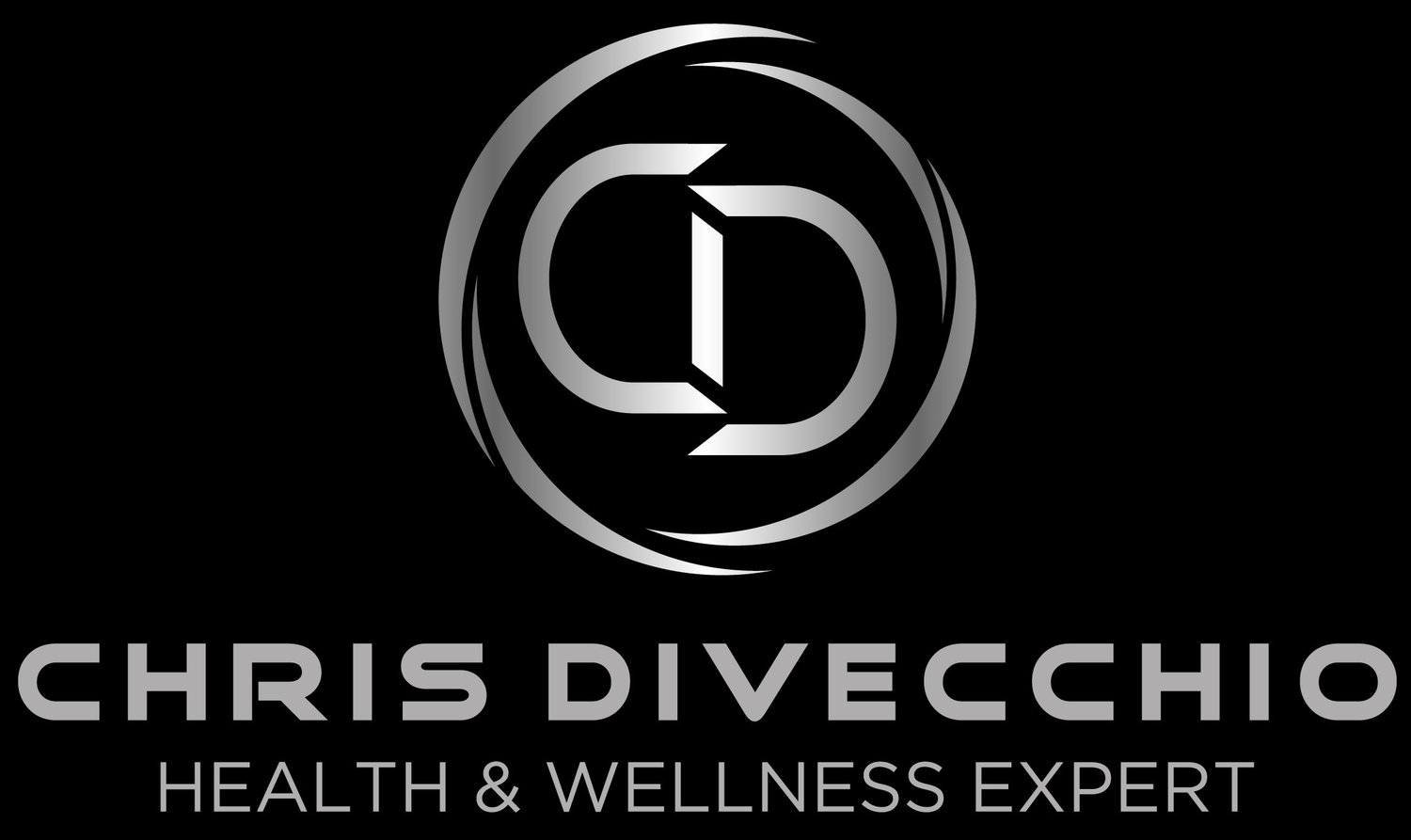4 Things That Happen to Your Body After 30 (And What You Can Do About It)
We’ve all heard the scary rumors about what changes after 30: more wrinkles, a slower metabolism, never-ending hangovers, and the list goes on. We believe it’s the end of our peak and it’s time to face facts.
While there’s no denying our bodies change with age, there are ways to stay healthy and strong. It all comes down to making smart lifestyle choices. Just look at Jennifer Lopez who turned 50 this year – a true testament to what taking care of yourself can do. So, don’t panic! You have much more control over your health than you realize.
Here the top four physical changes and how to handle them:
1. Decrease in flexibility
This is the result of sitting for long hours at a desk or chair. The activities that we do require less range of motion. When it comes to the flexibility, the saying is true: “if you don’t use it, you lose it.”
Make sure that you’re incorporating stretching and mobility work into your daily practice. Exercises such as yoga or even a simple daily stretching routine can make a major difference.
Also, keep in mind the optimal level of flexibility is different for everyone.
“The appropriate amount of flexibility that you need is specific to the primary movements of your daily life or sport,” WebMd reports. “For example, baseball pitchers need more flexibility in their shoulders compared to runners. Cyclists need less flexibility in their legs than martial artists. Even putting a bag of groceries away or pushing a grass mower requires some flexibility.”
2. Aging heart
The heart is a muscle and it starts to weaken the older we get. As that happens, the ability to extract oxygen from our blood diminishes as well. This can lead to issues with cholesterol, blood pressure, and increased triglycerides.
To keep your heart healthy and strong, it’s important you’re getting regular checkups and maintaining a healthy balance of cardiovascular activity.
According to the Mayo Clinic, “physical activity helps you control your weight and reduce your chances of developing other conditions that may put a strain on your heart, such as high blood pressure, high cholesterol and type 2 diabetes.”
3. Slower metabolism
While it’s true our metabolism gets slower with age, the rate at which it slows down is very minimal. In other words, weight gain isn’t inevitable. It’s completely within your power to manage it.
Research shows many people with age become less perceptive when it comes to their nutritional needs. The older we get the fewer calories our bodies require. As a result, being more mindful of what you eat is important.
4. Muscle atrophy
Electrical forces bind all of your body's molecules together, but these forces begin to weaken in your 30s, so some of those molecules begin to malfunction. Strength and coordination are usually the first to go, and muscle mass drops as a result.
For this reason, continue to strength train in order to build and maintain muscle. In addition, weight training helps to manage a healthy hormone balance. This is essential for muscle preservation.
Even simply increasing physical activity such as walking, gardening and household duties, "we can slow the loss and prevent crossing that critical threshold that leads to functional limitations and metabolic issues," says Dr. Nathan LeBrasseur, a researcher for the Mayo Clinic who specializes in physical medicine and rehabilitation.
Be Proactive and Come Up with a Plan of Action
While the aging process affects us differently, we all share the same goal: be the healthiest you at any age. The first step is understanding how your body will change. By raising your awareness, you can be prepared and do your part to combat the effects of aging.
The carefree days of our 20s are now replaced with higher pressure responsibilities. The more you can plan ahead, the greater the chance of minimizing aging pitfalls. Meal prepping, scheduling time to work out, getting enough sleep and making time to de-stress will help you reach optimal health at any age.
Being mindful of these factors can help you live a long healthy life in your 30s and beyond!

